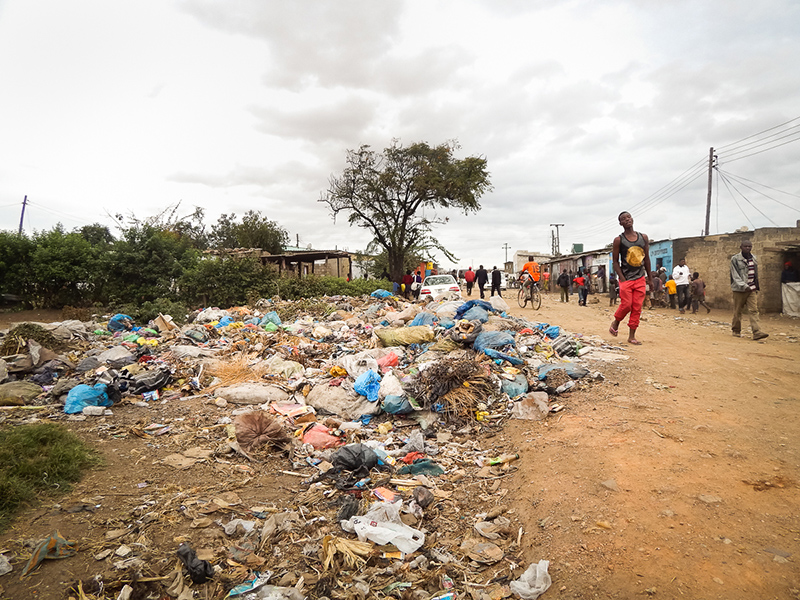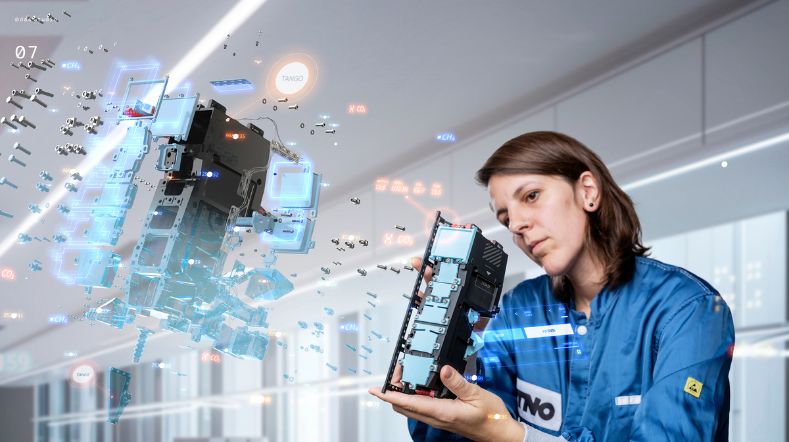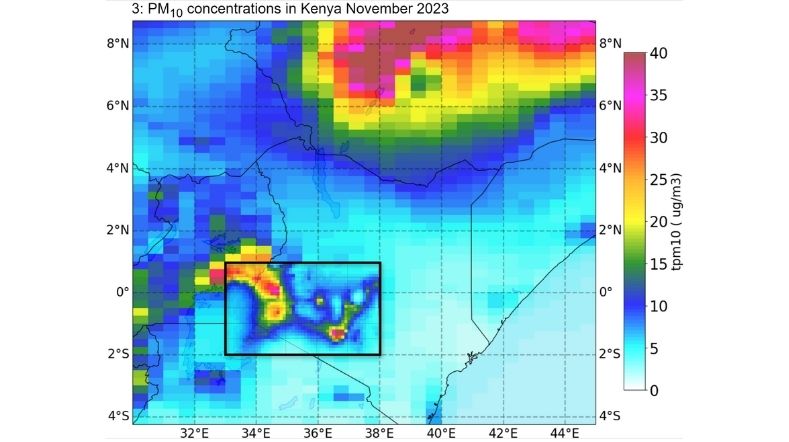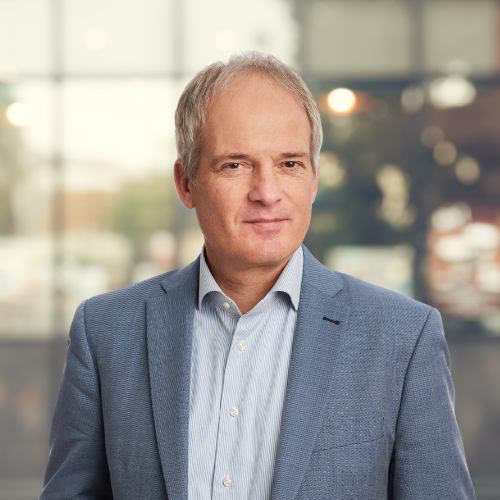Effective communication based on cultural differences
Effective communication is an important success factor in innovation trajectories with multiple stakeholders in low and middle income countries. For a project around circular economy in three countries in Southern Africa TNO identified cultural differences and translated them into communication strategies for different stakeholders with the right ‘tone-of-voice’.
Acknowledging differences to communicate successfully
Most Western people consider Africa as one country and ignore the cultural differences of the 54 independent African countries. Not recognizing the wide palette of traditions, tribes and languages may offend people when communicating with them. Your message will be lost, or worse, be completely misinterpreted, causing irritation and unintentional insult. Proper communication can strengthen your system innovation with facilitate your envisioned change. The way of communication has to be identified per country. A strategy in Malawi, will not automatically also be successful in Zimbabwe.

Prior research into these differences is necessary. Marijn Heij, intern from Utrecht University, has executed research specifically for TNO’s Southern Africa Circular Economy project. Current waste management systems in Southern Africa are still insufficiently developed. Large amounts of solid waste are not being processed and end up as litter in the urban and natural environment. This leads to severe impact such as environmental degradation, increased need for resource extraction and health problems. TNO and local consultants will support Zimbabwe, Zambia and Malawi transition to a circular economy. Besides developing national roadmaps and pilot projects, proper communication strategies towards partners and end-users will be a crucial part to succeed.
Adjusting your communication per country
Expert interviews were held on topics such as target groups, communication channels, tone of voice and message. This resulted in a strategy for each country showing interesting differences. Some examples of the differences: Malawian government is seen as a trusted partner, expressing messages via them makes your project credible. Zambians and Zimbabweans have more trust in business, it’s advised to speak via them. In both countries high placed individuals (CEO’s, ministers) are easy to contact via WhatsApp which would be inappropriate in most Western cultures. This works well in urban areas. In rural areas, mobile data is unusual or expensive, especially in Malawi. There a combination of local radio stations and communication through the church was advised.

In Zimbabwe on the countryside, people like to proudly wear t-shirts when they participate in a project, making them a message ambassador. Within your message three popular topics were advised. Complimenting Zimbabwe as a country, woman empowerment (one of TNO’s project goals) and personal benefits; ‘What’s in it for me’, instead of ‘save the environment’ was mentioned. Because due to lower general wealth, the focus on self-sustainability is higher.
Communication is crucial to transition to circular economy
Marijn Heij passed his findings to the project team, so they could be included in the communication strategies for the different countries / stakeholders. The approach and results can be used for future TNO projects for innovation in low- and middle income countries.
This TNO project supports the following sustainable development goals
Get inspired
Methane emissions in the North Sea Symposium
Tracking sources of greenhouse gases with satellites


This is our time: Eleonie van Schreven’s work on small satellites with a big impact


ATACH selects TNO model for climate-related health risks in Kenya


Vacuuming the highway to reduce environmental microplastics from tyres


